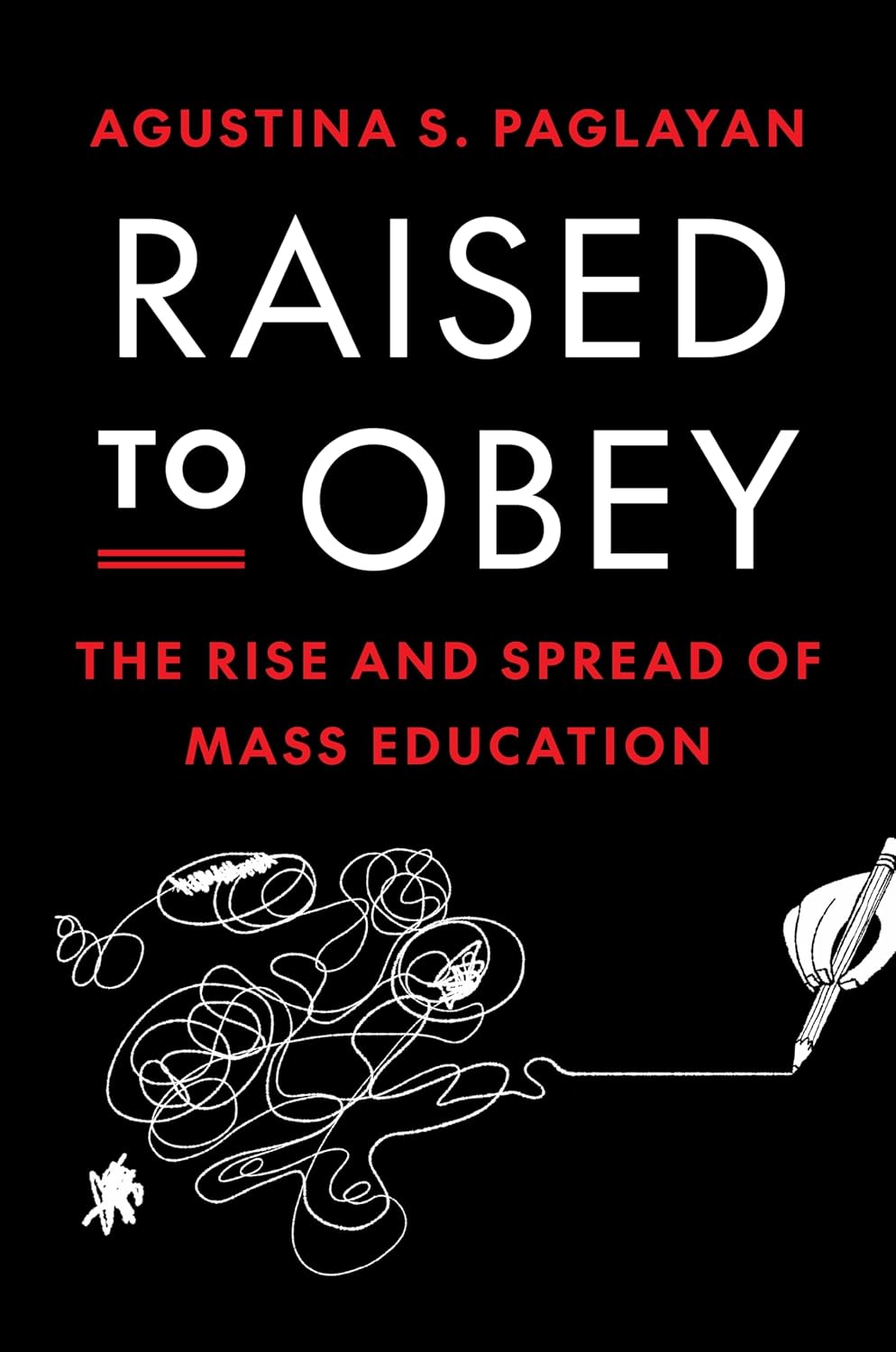

Most ebook files are in PDF format, so you can easily read them using various software such as Foxit Reader or directly on the Google Chrome browser.
Some ebook files are released by publishers in other formats such as .awz, .mobi, .epub, .fb2, etc. You may need to install specific software to read these formats on mobile/PC, such as Calibre.
Please read the tutorial at this link: https://ebookbell.com/faq
We offer FREE conversion to the popular formats you request; however, this may take some time. Therefore, right after payment, please email us, and we will try to provide the service as quickly as possible.
For some exceptional file formats or broken links (if any), please refrain from opening any disputes. Instead, email us first, and we will try to assist within a maximum of 6 hours.
EbookBell Team

4.1
20 reviewsNearly every country today has universal primary education. But why did governments in the West decide to provide education to all children in the first place? In Raised to Obey, Agustina Paglayan offers an unsettling answer. The introduction of broadly accessible primary education was not mainly a response to industrialization, or fueled by democratic ideals, or even aimed at eradicating illiteracy or improving skills. It was motivated instead by elites’ fear of the masses—and the desire to turn the “savage,” “unruly,” and “morally flawed” children of the lower classes into well-behaved future citizens who would obey the state and its laws.
Drawing on unparalleled evidence from two centuries of education provision in Europe and the Americas, and deploying rich data that capture the expansion of primary education and its characteristics, this sweeping book offers a political history of primary schools that is both broad and deep. Paglayan shows that governments invested in primary schools when internal threats heightened political elites’ anxiety around mass violence and the breakdown of social order.
Two hundred years later, the original objective of disciplining children remains at the core of how most public schools around the world operate. The future of education systems—and their ability to reduce poverty and inequality—hinges on our ability to understand and come to terms with this troubling history.